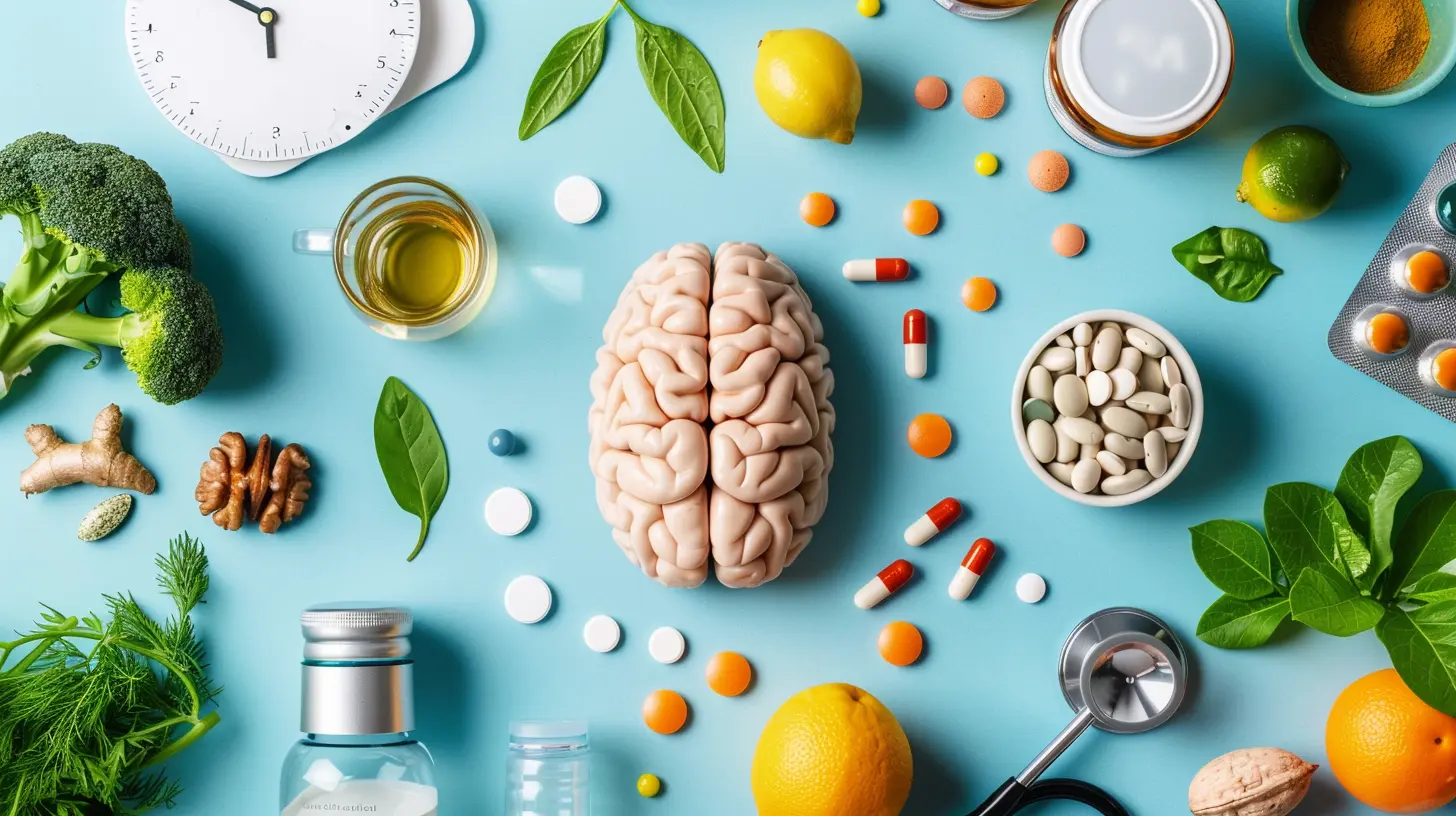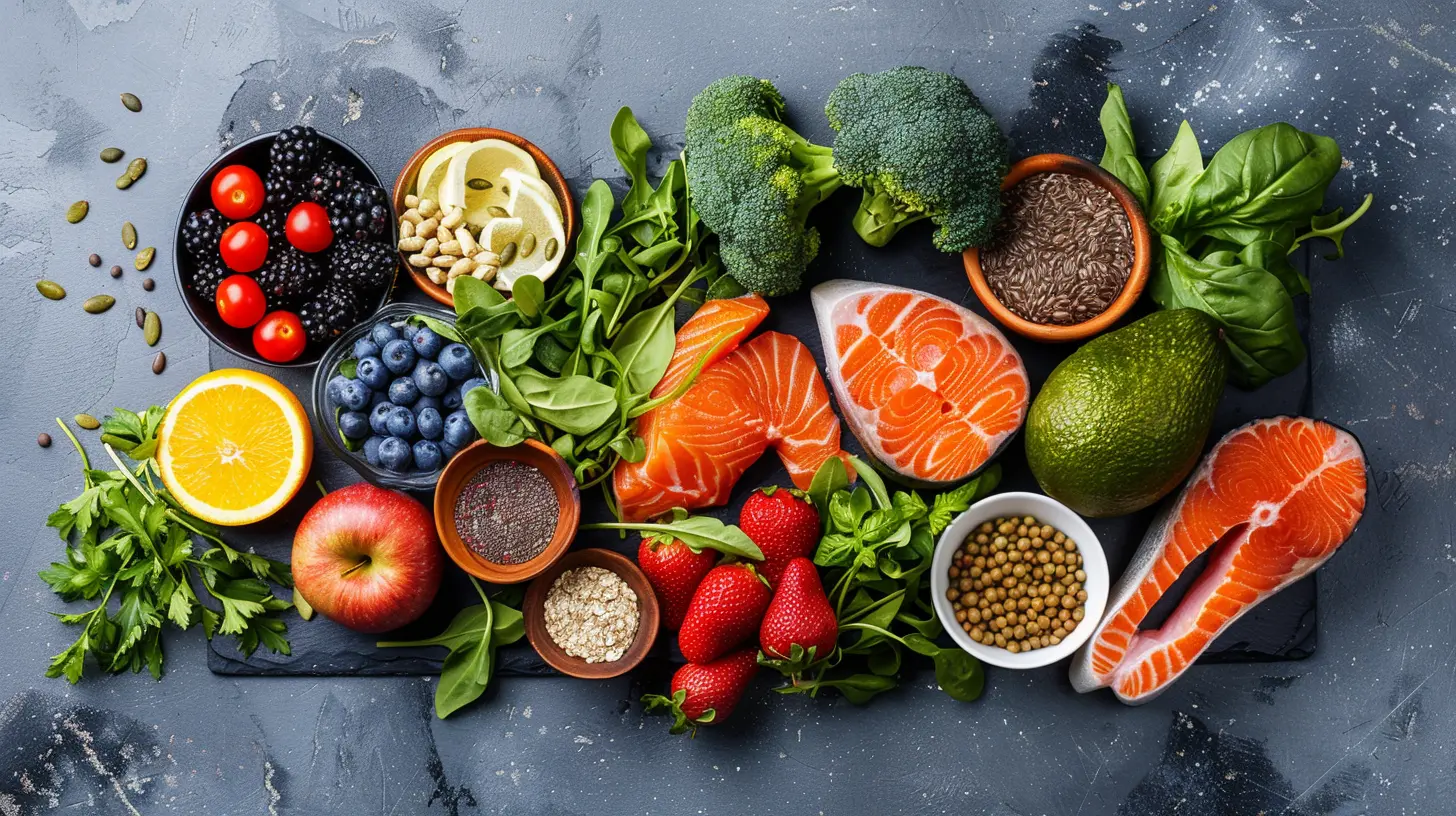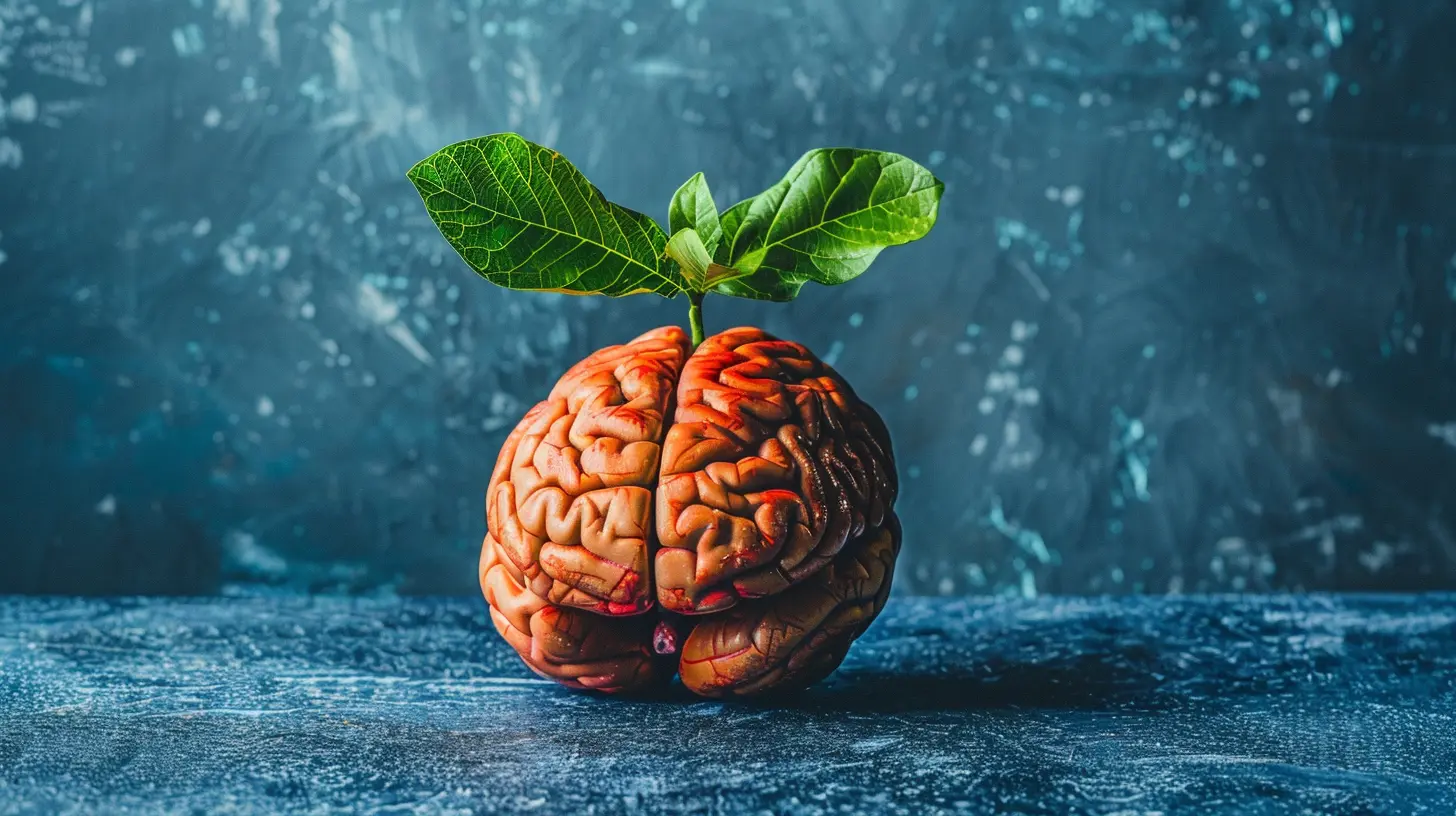2 February 2025
When was the last time you stopped to think about your brain health? Let’s face it, we often take this hardworking organ for granted. It’s running the show—helping you think, focus, remember, and feel. But just like any other part of your body, your brain needs the right kind of fuel to function at its best. That’s where functional medicine and nutritional strategies come into play. If you’ve never heard of functional medicine, don’t sweat it! By the end of this article, you’ll not only know what it is but also how it can help keep your brain in tip-top shape.
What Is Functional Medicine, and Why Does It Matter for Brain Health?
Functional medicine is like a detective for your health. Instead of treating symptoms one by one, it looks at your body as a whole system. Think of it as trying to find the root cause of a problem instead of just putting a Band-Aid on it. This personalized approach pinpoints factors like diet, lifestyle, genetics, and environmental triggers to optimize health from the inside out.When it comes to your brain, functional medicine is all about boosting cognitive function, mood, memory, and even preventing neurodegenerative diseases like Alzheimer’s. How? By giving your noggin exactly what it needs to thrive through targeted nutritional strategies.
The Brain-Gut Connection: It’s a Bigger Deal Than You Think
Have you ever had a "gut feeling" about something? That’s not just a figure of speech. Your gut and brain are in constant communication through something called the gut-brain axis. Your gut is even referred to as your "second brain" because it produces many of the same neurotransmitters (hello, serotonin!) that affect mood and cognition.If your gut health is off—say, from a poor diet, stress, or an imbalance in gut bacteria—it can take a serious toll on your brain. Functional medicine emphasizes nurturing this connection by feeding your gut the nutrients it needs to keep your brain happy.
Nutritional Strategies to Boost Brain Health
Let’s break down exactly how functional medicine uses food as medicine for sharper thinking, better focus, and long-term brain health.1. The Power of Healthy Fats
Your brain is practically obsessed with fat. In fact, it’s made up of about 60% fat! This means healthy fats are non-negotiable when it comes to giving your brain the tools it needs to thrive.- Omega-3 fatty acids (found in fatty fish like salmon, walnuts, and flaxseeds) are like brain superstars. They help improve memory, reduce inflammation, and even stave off depression.
- Don’t forget about monounsaturated fats from foods like olive oil, avocados, and nuts. They’re the unsung heroes that protect your brain cells.
Think of healthy fats as the oil that keeps the engine of your brain running smoothly.
2. Antioxidants: Your Brain’s Bodyguards
Every day, your brain faces oxidative stress from free radicals (cue the superhero music). Left unchecked, this can damage your brain cells over time. That’s why antioxidants are your brain's best friends—they neutralize those free radicals and minimize damage.Load up on antioxidant-rich foods like:
- Berries (blueberries, strawberries, and raspberries are especially great)
- Dark leafy greens like spinach and kale
- Dark chocolate (a little indulgence never hurt anyone!)
Pro tip: The brighter the color of a fruit or vegetable, the more antioxidants it likely has. So, eat the rainbow!
3. Probiotic and Prebiotic Foods
Remember that gut-brain connection we talked about? Supporting your gut health with probiotics (good bacteria) and prebiotics (food for those bacteria) is a game-changer for your brain.Here’s how to incorporate them:
- Probiotics: Yogurt, kefir, sauerkraut, kimchi, and miso
- Prebiotics: Garlic, onions, bananas, asparagus, and oats
Your brain will thank you for working on this gut-friendly buffet!
4. Cut Back on Sugar and Processed Foods
Let’s get real for a second—sugar and processed junk are brain drains. While that candy bar might feel like a quick pick-me-up, the crash afterward is brutal on your cognition. Plus, excessive sugar can trigger inflammation and even contribute to neurodegenerative diseases over time.Instead, swap those sugary snacks for whole foods like nuts, seeds, and fruit. Your brain prefers a slow, steady release of energy, and whole foods can provide just that.
5. Hydration Is Non-Negotiable
You wouldn’t drive a car on an empty tank of gas, right? Well, your brain doesn’t function well without water. Even mild dehydration can mess with your memory, focus, and decision-making.Aim for at least 8 cups of water a day, and more if you’re active or live in a hot climate. If plain water isn’t your thing, herbal teas or adding a slice of lemon to your water can make it more exciting.
6. Brain-Boosting Micronutrients
While macronutrients like fats, proteins, and carbs get the spotlight, micronutrients are the unsung heroes that play a massive role in brain health. Some important ones include:- B Vitamins: Think of these as your brain’s energy boosters. Foods like eggs, beef, and leafy greens are loaded with B vitamins.
- Magnesium: This mineral keeps stress in check and promotes relaxation. Find it in almonds, spinach, and dark chocolate.
- Zinc: It helps with memory and learning. Grab some pumpkin seeds or chickpeas to up your zinc game. 
Lifestyle Tweaks That Complement Nutritional Strategies
While eating the right foods is crucial, pairing your nutrition game with healthy lifestyle habits can turbocharge the benefits for your brain.1. Move Your Body
Exercise isn’t just good for your heart; it’s a brain booster too. Physical activity increases blood flow to the brain and promotes the growth of new brain cells (how cool is that?). Aim for at least 30 minutes of moderate exercise most days of the week.2. Prioritize Sleep
Ever feel foggy after a lousy night of sleep? That’s because your brain processes and stores information while you snooze. Lack of sleep can impair everything from mood to memory. Strive for 7-9 hours of quality sleep per night.3. Manage Stress
Chronic stress can shrink your brain! Okay, maybe not literally, but it does damage areas responsible for memory and emotional regulation. Practices like mindfulness, meditation, and deep breathing are fantastic tools to keep stress in check.4. Stay Mentally Active
Just like any muscle, your brain needs a workout. Challenge it with puzzles, reading, or learning something new. Even socializing is brain exercise—so don’t skip those coffee dates with friends!Can Functional Medicine Prevent Cognitive Decline?
The million-dollar question: Can functional medicine and these nutritional strategies actually protect your brain from long-term issues like Alzheimer’s or dementia? While there are no guarantees in life, research shows that a healthy diet and lifestyle absolutely reduce your risk. Think of it this way—every healthy choice you make today is an investment in your brain’s future.Practical Tips to Get Started
Feeling overwhelmed? Don’t be. Here’s how to start incorporating functional medicine principles into your brain-health journey:1. Swap out one processed meal per week for a whole-food alternative.
2. Add a handful of nuts or seeds to your daily routine for a brain-friendly snack.
3. Stay hydrated by carrying a water bottle with you throughout the day.
4. Start small—one step at a time is better than none.









Raven Bell
Practical tips, essential insights for brain health.
March 31, 2025 at 3:57 PM